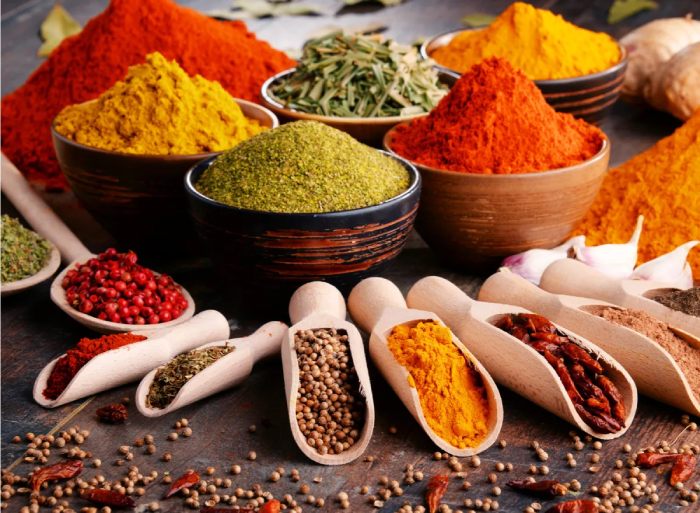The findings may merit consideration in clinical practice, according to the researchers.
A first-of-its-sort concentrate on distributed in the diary BMJ Proof Based Medication shows that a characteristic compound in the culinary flavor turmeric could have comparable viability as omeprazole — a corrosive lessening drug — in overseeing heartburn side effects.
Curcumin is a compound found in turmeric, which is extracted from the plant Curcuma longa’s root. Curcumin, which is thought to have anti-inflammatory and antimicrobial properties, has long been used to treat indigestion and other digestive issues in South East Asia.
Turmeric is gotten from the foundation of the Curcuma longa plant. It has long been used as a medicinal remedy in South East Asia, including for the treatment of indigestion, and it contains a naturally active compound called curcumin that is thought to have anti-inflammatory and antimicrobial properties.
In any case, it’s not satisfactory the way in which well it contrasts and customary medications for this sign, to a great extent since there have been no holds barred examinations.
For the duration of 28 days, the researchers randomly assigned 206 patients between the ages of 18 and 70 who were recruited from hospitals in Thailand between 2019 and 2021 and had recurrent upset stomach (functional dyspepsia) of unknown cause. These patients were enrolled in one of three treatment groups.
They included: turmeric (69 patients took one small dummy capsule and two large 250 mg capsules of curcumin four times a day); omeprazole, taken four times daily (68 patients) in the form of one small 20 mg capsule and two large dummy capsules; and omeprazole and turmeric (69 patients).
Omeprazole is a proton siphon inhibitor, or PPI for short. PPIs are utilized to treat utilitarian dyspepsia, the side effects of which incorporate inclination exorbitantly full after food (postprandial completion), groping full after just a little food (early satiety), and agony as well as consuming sensation in the stomach or potentially food pipe (epigastric torment).
However, the researchers point out that prolonged use of PPIs has been linked to an increased risk of fracture, deficiencies in micronutrients, and infections.
Of the 206 patients enlisted, 151 finished the review, with 20 in the curcumin group;19 in the omeprazole bunch; also, 16 in the joined treatment bunch, exiting.
Patients in each of the three gatherings had comparable clinical qualities and acid reflux scores, as surveyed by the Seriousness of Dyspepsia Evaluation score or Pop, toward the beginning of the preliminary. Patients were reevaluated following 28 days and afterward again following 56 days.
Soft drink scores showed huge decreases in side effect seriousness by day 28 for torment (−4.83, – 5.46 and −6.22) and different side effects (−2.22, – 2.32, and −2.31) for those in the joined, curcumin alone, and omeprazole alone gatherings, separately.
These upgrades were much more grounded following 56 days for torment (−7.19, – 8.07 and −8.85, separately) and different side effects (−4.09, – 4.12 and −3.71, individually).
Additionally, SODA records satisfaction ratings: these barely different after some time among the curcumin clients, which could be connected with its taste and additionally smell, propose the specialists.
No serious secondary effects were accounted for, albeit liver capability tests showed some degree of decay among curcumin clients conveying overabundance weight, note the scientists.
They acknowledge the study’s small size and other limitations, such as the brief intervention period and the absence of long-term monitoring data. They assert that more extensive, long-term studies are required.
In any case, they finish up: ” According to the report, “the new findings from our study may justify considering curcumin in clinical practice.” “This multicentre randomized controlled trial provides highly reliable evidence for the treatment of functional dyspepsia.”
Reference: ” Proton pump inhibitors and curcumin for functional dyspepsia: a randomised, double-blind controlled trial” by Pradermchai Kongkam, Wichittra Khongkha, Chawin Lopimpisuth, Chitsanucha Chumsri, Prach Kosarussawadee, Phanupong Phutrakool, Sittichai Khamsai, Kittisak Sawanyawisuth, Thanyachai Sura, Pochamana Phisalpra















